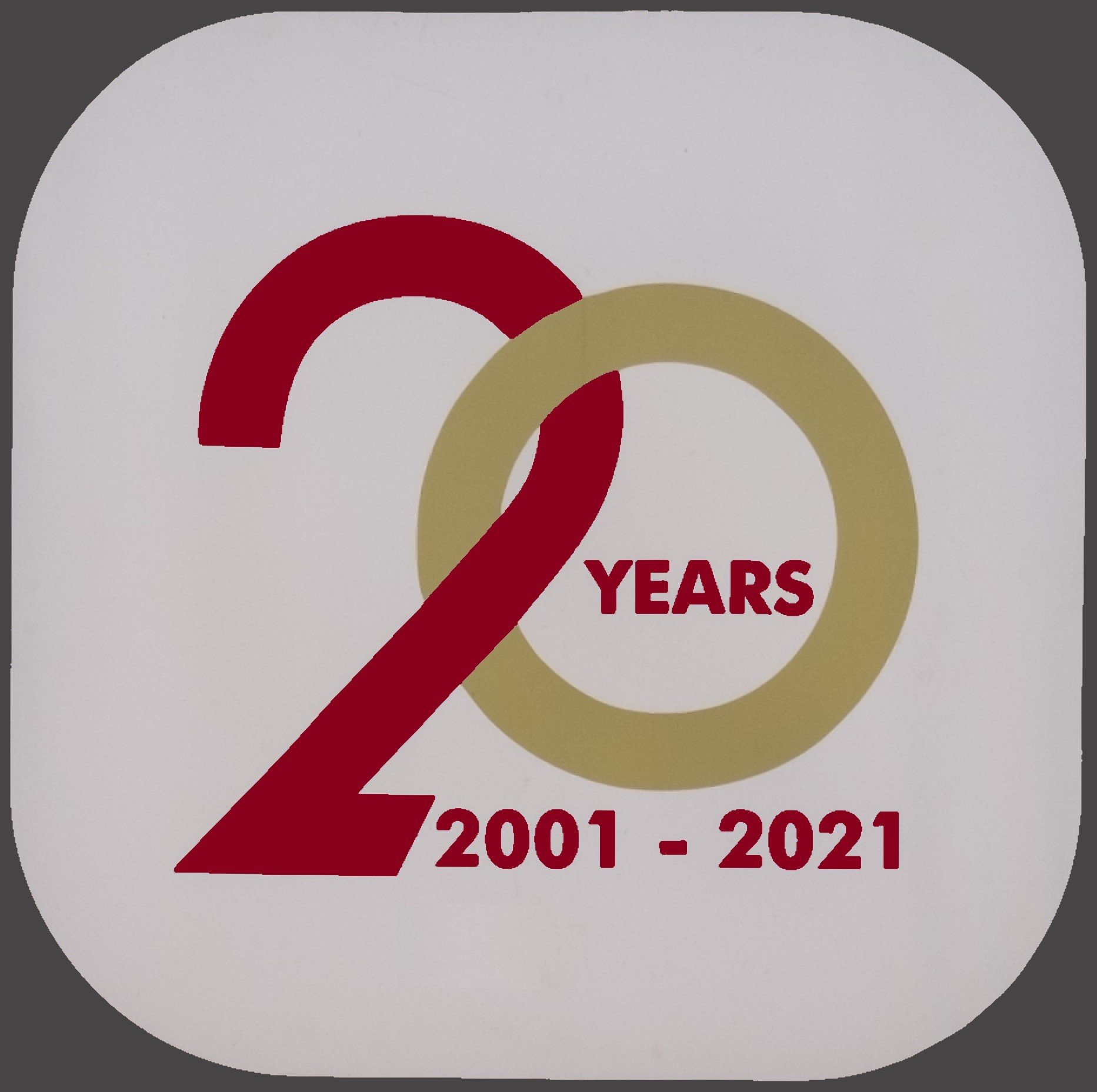Vision
- Towards a Global Knowledge Hub, striving continuously in pursuit of excellence in Education, Research, consultancy and Technological services to the society.
Mission
- M1: To produce the best quality Computer Science professionals by imparting quality training, hands on experience and value education.
- M2: To strengthen links with industry through partnerships and collaborative developmental works
- M3: To attain self-sustainability and overall development through Research, Consultancy and Development activities
- M4: To extend technical expertise to other technical institutions of the region and play a lead role in imparting technical education
- M5:To inculcate work ethics and commitment in students for their future endeavors to serve the society.
Program Educational Objectives (CSE)
-
PEO 1: Employability: Computer Science & Engineering graduates will acquire capability to apply their knowledge and skills to solve various kinds of computational engineering problems.
-
PEO2: Professionalism: Graduates will inculcate in students professional attitude, interdisciplinary approach, ethics and ability to relate computer engineering issues with social awareness.
-
PEO 3: Managerial skills: Graduates will possess managerial skills to face challenges in the profession by working harmoniously in a team witheffective communication skills.
-
PEO 4: Continuous learning: Graduates will continue to learn and adapt in a world of constantly evolving technologies and pursue research towards academic excellence.
-
PEO 5: Adaptability: Graduates of Computer Science & Engineering will have soft skills to adapt to the diverse global environment.
Program Outcomes
-
PO1: Engineering knowledge: Apply the knowledge of mathematics, science, engineering fundamentals, and an engineering specialization to the solution of complex engineering problems.
-
PO2: Problem analysis: Identify, formulate, review research literature, and analyze complex engineering problems reaching substantiated conclusions using first principles of mathematics, natural sciences, and engineering sciences.
-
PO3: Design/development of solutions: Design solutions for complex engineering problems and design system components or processes that meet the specified needs with appropriate consideration for the public health and safety, and the cultural, societal, and environmental considerations.
-
PO4: Conduct investigations of complex problems: Use research-based knowledge and research methods including design of experiments, analysis and interpretation of data, and synthesis of the information to provide valid conclusions.
-
PO5: Modern tool usage: Create, select, and apply appropriate techniques, resources, and modern engineering and IT tools including prediction and modeling to complex engineering activities with an understanding of the limitations.
-
PO6: The engineer and society: Apply reasoning informed by the contextual knowledge to assess societal, health, safety, legal and cultural issues and the consequent responsibilities relevant to the professional engineering practice.
-
PO7: Environment and sustainability: Understand the impact of the professional engineering solutions in societal and environmental contexts, and demonstrate the knowledge of, and need for sustainable development.
-
PO8: Ethics: Apply ethical principles and commit to professional ethics and responsibilities and norms of the engineering practice.
-
PO9: Individual and team work: Function effectively as an individual, and as a member or leader in diverse teams, and in multidisciplinary settings.
-
PO10: Communication: Communicate effectively on complex engineering activities with the engineering community and with society at large, such as, being able to comprehend and write effective reports and design documentation, make effective presentations, and give and receive clear instructions.
-
PO11: Project management and finance: Demonstrate knowledge and understanding of the engineering and management principles and apply these to one’s own work, as a member and leader in a team, to manage projects and in multidisciplinary environments.
-
PO12: Life-long learning: Recognize the need for, and have the preparation and ability to engage in independent and life-long learning in the broadest context of technological change.
Program Specific Outcomes (CSE)
-
PSO1: Successfully design and implement algorithmic paradigms by using efficient programming language constructs, formal tools and frameworks.
-
PSO2: Develop scalable and reliable distributed applications and data analytics pipelines by employing industry agnostic technologies and secure software engineering models.
-
PSO3: Adapt cloud computing ecosystems and machine learning algorithms to develop smart and sustainable solutions complying the ethics of society and eventually emerge as entrepreneurs.
Program Educational Objectives (CSBS)
- PEO 1: Technical Proficiency: Graduates will possess a strong foundation in computer science principles, including programming, algorithms, data structures, and systems, enabling them to design and implement efficient software solutions.
- PEO 2: Innovative Problem Solving: Graduates will be equipped with the skills to identify, analyze, and solve complex problems in the intersection of technology and business, fostering innovation and entrepreneurship.
- PEO 3: Business Acumen: Graduates will develop an understanding of business principles, including management, finance, marketing, and operations, allowing them to integrate technical skills with business strategies to drive organizational success.
- PEO 4: Ethical and Social Responsibility: Graduates will demonstrate a commitment to ethical practices and social responsibility, ensuring that their professional activities contribute positively to society and adhere to legal and ethical standards.
- PEO 5: Lifelong Learning and Adaptability: Graduates will engage in lifelong learning and continuous professional development to enhance their employability, staying current with evolving technologies and business practices, ensuring their ability to adapt and succeed in a dynamic global environment.
Program Specific Outcomes (CSBS)
- PSO 1: Technology Driven Business Solutions: Graduates will be equipped with domain-specific skills to design and develop data processing pipelines that seamlessly integrate advanced computing technologies with business processes.
- PSO 2: Data-Driven Decision Making: Graduates will possess the ability to leverage data analytics, machine learning, and artificial intelligence techniques to derive actionable insights, supporting informed decision-making and develop data products.


